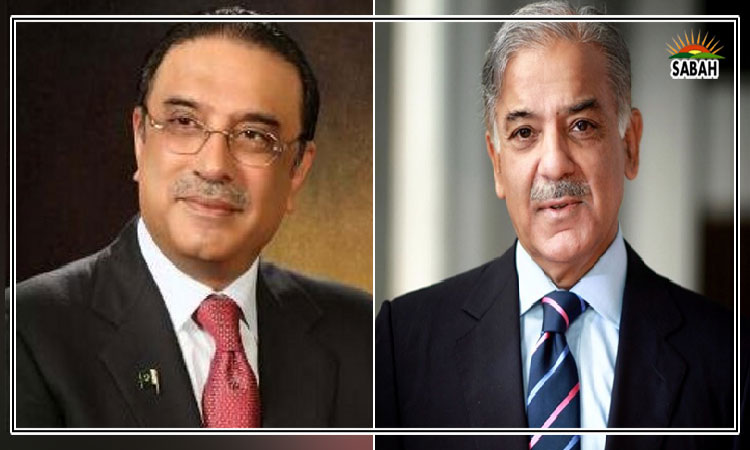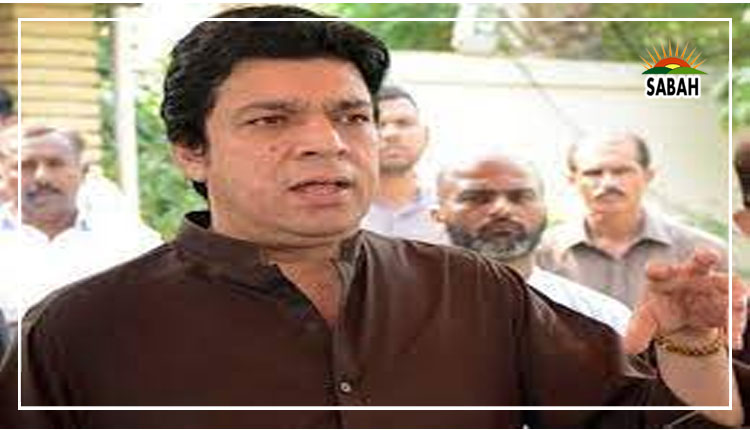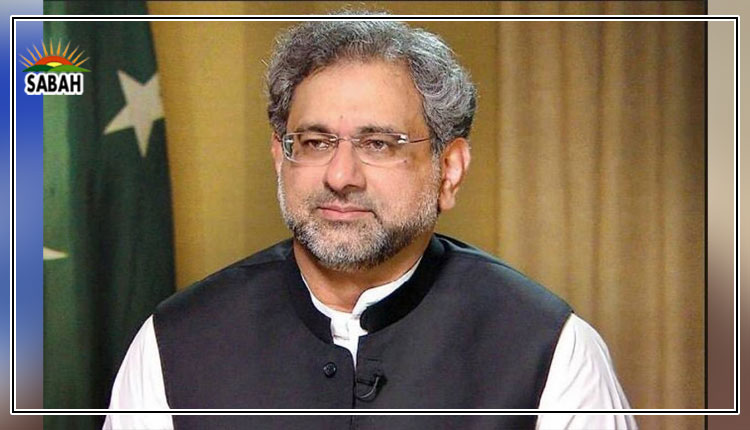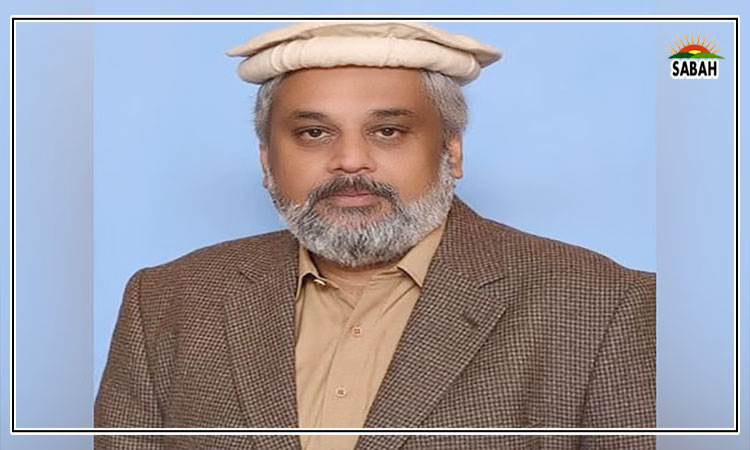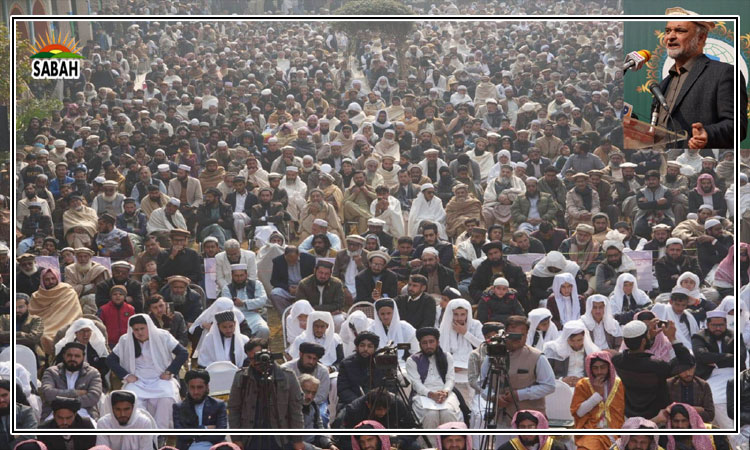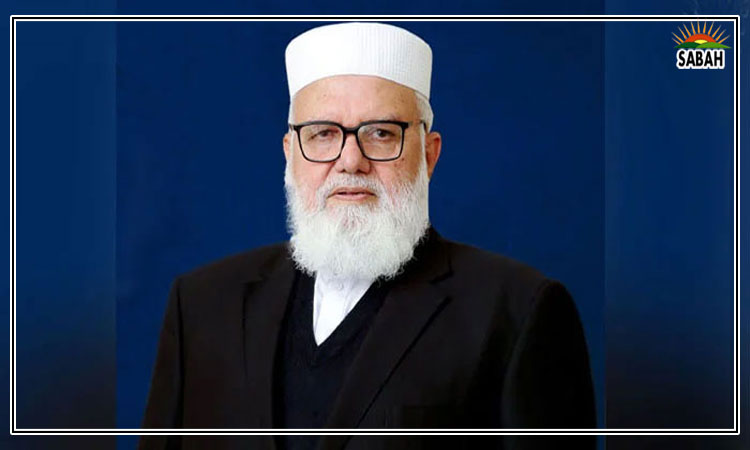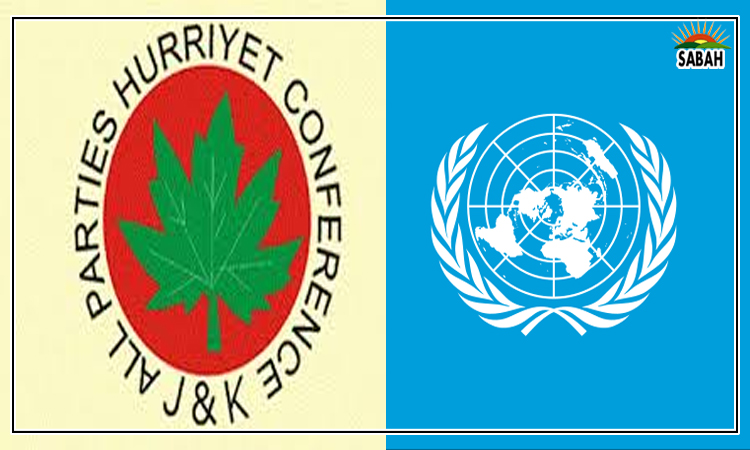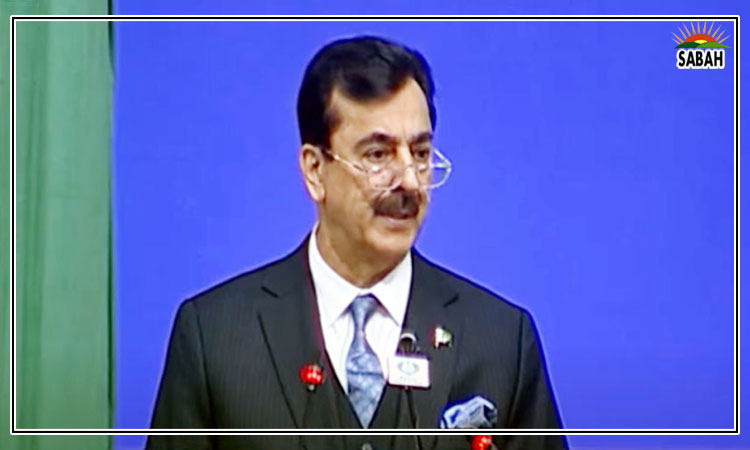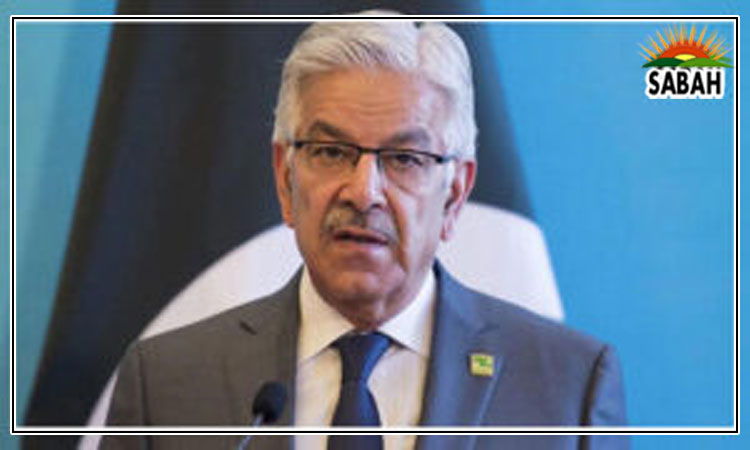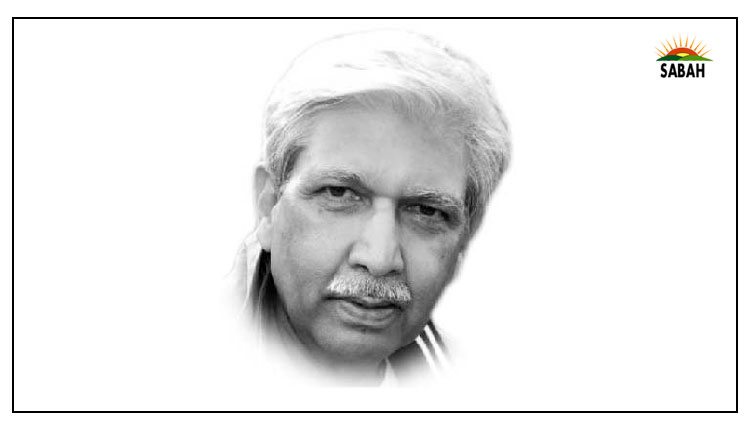Can PTI survive the stress test?…Shahzad Chaudhry
Last week I wrote of the possible triggers which led to the rise of Imran Khan and where all and how he seemed pushed into making strategic errors in political judgment rendering at stake his and his partys future. A sense of cultivated invincibility a combination of misplaced hubris and poor counsel led Imran Khan to the events of May 9th. That was also the misstep that his opposition across the political and administrative divide was waiting for. He blundered into trading his widely believed popularity for instant gratification and avarice for power. He broke the law, crossed red lines violating the sanctity of long held perceptions and convention among the masses, and defied the sanctum of deference for nations armed forces in a display which was widely reviled.
His attempt at a rebellion spectacularly failed to trek and could not instigate the imagination of many that he believed would join the uprising. Only a handful turned up to agitate in a population of some 250 million. Perhaps deluded, he had led himself to believe that revolutions occur on call. Revolutions need seeding and nurturing, and ripen with time. These have roots and need time to grow. In construct it amounts to physically replacing one system of forces with another, not merely exist as a notion or a symbiotic presence. A study of the famous revolutions in China, Russia, France, Cuba and Iran aptly exhibits the process which makes revolutions.
Sans requisite make-up, it fizzled as quickly as it had begun handing his nemeses the control of his political destiny through leverages that governments employ. He has lost his party apparatus consisting of his senior leadership who have mostly disassociated from the Party and reneged their membership. He has been defanged and politically isolated. Right or wrong is not in question here, the effect on the ground is. And what is on the ground doesnt look pretty for the PTI and Imran Khan.
Here on numerous possibilities exist. For the short-term Imran Khan may have been politically neutralised. He is more than likely to be incarcerated sustaining irrecoverable political and personal damage bound in legal consequences. The Party may, however, resurrect under a mutation and a changed nomenclature but with a different leadership and a much-changed political ethos. At least that is what IKs opposition political and non-political will hope. It may be encouraged to anchor inflamed sentiment of PTI supporters under a leadership which may be less confrontational and greatly more cooperative in enabling some quiet and stability in a difficult time in the national journey. A familiar set of leaders on top will keep the chimera alive while reining in uncontrolled passion, channelising it into more productive avenues. Given global trends politics can still revert to its populist mold, in time replacing traditionalism and its laissez faire construct.
Till economic reform occurs or the market-based capitalist model is tweaked or replaced, the chance of an economy-driven, reactionary upending of the politico-economic model will lead to sociopolitical turmoil across the world. Pakistan already in the throes of an economic turmoil will likely see the trend of populism taking root even more firmly. We have only force-managed the reaction in the short-term. In PTIs brief fling with populist politics the movement may have been urban-centred and elite-owned, but its cadres came from poverty-stricken subordinated segments of the society reeling under impossible deprivation. Hence the chance that the sentiment since it already exists in an environment of dismal economic outlook for the foreseeable future will continue to persist. It was used rather early for instant favour by Imran Khan. Had he waited for the right time and directed the sentiment for positive gains it would have accrued him consequential political benefit.
Imran Khan became a victim of his own impulse and need for power. He also deluded himself into believing he could rewrite his tale and legacy, leading a revolution. It was patently centralised towards the self than for the common good though he may have believed that his elevation translated into common good. He has rendered waste the dreams of millions and failed to find them the dawn he promised. It wasnt beyond him to turn the page of Pakistani politics towards greater good than serve elite interests, and reform the broken governance model, but he missed the bus and the moment. He did not prepare himself enough on how he might bring about a wholesome change in the quality of politics in the country. He found the opportunity but fell short in rising to the moment. He neither understood the dynamics of parliamentary democracy even when he hoped to subsist in that system and seek power in that political construct.
A dream gone sour, maybe, but the PTI should sustain through biding time for another day and another turn. Enough has gone into it by way of peoples hopes and aspirations. It has also developed a committed base of support creating cadres adept at using modern information technologies to create the momentum of support in modern societies. These are credible attributes as politics will change its nature and form both. Perhaps it was too early and too unripe to remain tied to the altruism attached to a political journey and instead lost its direction when serving the limited, selfish interests of a leader. A PTI of the future maybe not be as revolutionary and contentious but something sustainable and survivable.
There is also a need to read the room and understand the space available and measure it against your own capacity to alter the landscape. IK overestimated in all aspects and fell through the chasm between his wishes and realities around him. He still has significant support of the base and next tier leadership. He can permit his party to remain tied to a core and be a formidable alternative to a maligned dynastic, two-party system. He must let alternate leadership take charge or fritter it all on the altar of personal glory.
A parliamentary form of political model is cooperative in nature where the opposition in the Parliament plays the shadow government. For the larger good the opposition cooperates with a sitting government, even refine a legislation. It holds public interest sacred and becomes the guard-rails keeping the government on the straight and narrow. People trust the parliamentarians in the government and the opposition to hold the sanctity of their vote and practice their role in moving the state and the society forward, not impede it for personal or familial gratification. It is quite different from the Presidential form of government in how the entire system is invested with the purpose of the common good. Opposition is not an enemy but a government in waiting. It must play that role in fulfillment of its functional obligation. Hopefully, PTI 2.0 will be better conversed in these nuances.
Courtesy The Express Tribune


